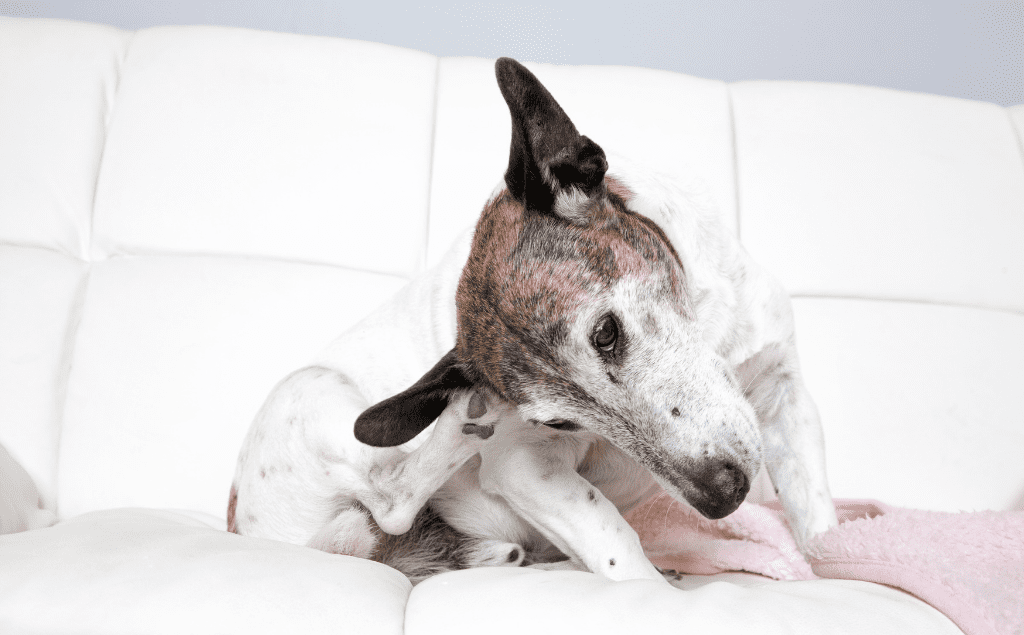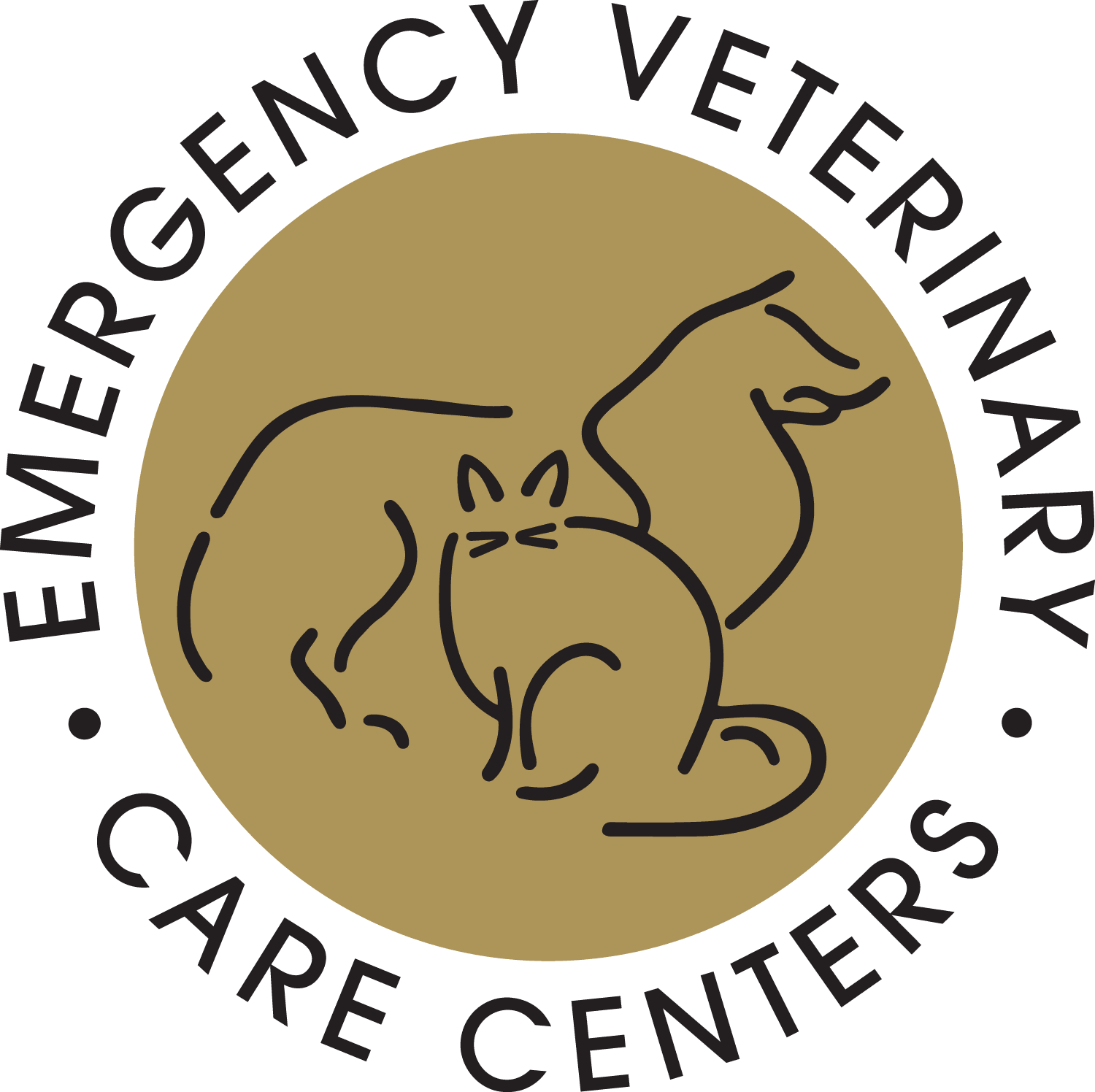Allergic Reaction in Dogs in Highland and Westville, IN: Signs and What to Do
How do you know if a dog in Highland or Westville is having a bad allergic reaction to something? Do dogs’ bodies react similarly to human bodies when suffering allergic reactions? What should you do if you see your dog showing signs of bad allergies?

6 Signs of Allergic Reactions in Dogs in Highland and Westville, IN
Dogs can and often do show symptoms of allergic reactions similar to those seen in humans. When a dog has a bad anaphylactic reaction to something, he risks going into anaphylactic shock, which could be potentially fatal. Because of this, it’s important to learn how to recognize the signs and symptoms of allergic reactions in dogs so you can know when to act fast.
Signs that your dog could be having an allergic reaction include:
Scratching and Itching
Dogs who have been exposed to something they are allergic to will start scratching because they feel itchy—just like humans. You may see your dog pawing at his face or ears if the allergen has affected these areas, or he may scratch seemingly nonstop until the problem subsides.
If this is the only symptom your dog shows, you probably don’t need to go to the emergency vet, but you may want to call your regular vet for some guidance just in case.
Redness and Hives
If your dog has been bitten or stung by an insect that he is allergic to or has been in contact with an allergen, he may develop redness and hives on his skin. Just like a human, a dog can break out from allergic reactions. You may need to part his fur to see hives on your dog if he is longhaired.
Like scratching and itching, these symptoms alone aren’t cause for alarm, but you should keep an eye on your dog to ensure the condition doesn’t get worse.
Diarrhea and Vomiting
When your dog has a more aggressive allergic reaction to something, he may start vomiting or have frequent diarrhea. He will likely vomit or have diarrhea more than once if the cause is an allergen. This can occur whether he has eaten the allergen or not.
If your dog is having diarrhea or vomiting for more than a couple of hours at most, you should take him to the emergency vet in Highland and Westville, IN. Dogs can dehydrate very quickly, and dehydration is dangerous because it can lead to much more severe problems in just a short time.
Excessive Drooling
Dogs with allergic reactions to substances or insect stings may start drooling excessively as a response to the problem. This often happens when dogs are stung in or around their mouths, but it can happen with any allergic response as well. This drooling may or may not be accompanied by excessive panting.
If your dog is drooling considerably and shows other symptoms of allergic reactions, you should contact your vet. Keep a very close eye on your dog if he is drooling like this.
Discolored Gums
Discoloration of your dog’s gums means he is not getting enough oxygen in his bloodstream, which means his allergic reaction has continued and is now in the severe stage. Depending on the natural, normal color of your dog’s gums, they may turn blue, blood red, or black from a lack of oxygen.
If you notice this symptom, whether it accompanies the other symptoms on this list or not, go to the emergency vet in Highland or Westville right away. Your dog is not breathing well and will need medical intervention in order to be okay.
Swelling
This is the most significant sign of an allergic reaction in dogs, and it’s one that should always be taken seriously. Dogs may start to swell in the face or snout when they are suffering from an anaphylactic reaction to an allergen. This occurrence can quickly turn into a swelling of the airways and lead to death if not treated right away.
Take your dog to the emergency vet without waiting if you notice he is suffering from this type of swelling. Even if he does not progress into anaphylactic shock, he needs medical care to heal from this allergic reaction as soon as possible.
Go to the Vet for Your Dog's Allergic Reaction in Highland and Westville, IN
Sometimes, allergic reactions don’t get too out of hand and dogs recover on their own just fine. However, if you notice any of the more severe symptoms listed here happening to your dog, it’s a good idea to contact the vet or go to the emergency vet. And if your dog begins to swell in his face or snout, this may restrict his breathing and should be considered an emergency situation.
At Emergency Veterinary Care Centers, we're equipped to handle any emergency situation that comes through our doors. Our team knows that allergic reactions in dogs, and all other emergency situations, can happen at any time. This is why our emergency vets are available 24 hours a day, 7 days a week. You'll never have to worry about your pet getting the care they need.
Work with a trusted vet or a recommended emergency vet in your area if your dog is suffering from a bad allergic reaction. If you have questions or concerns, contact our animal hospitals in Highland or Westville, IN or stop in today.
Recent Posts
About Us
At Emergency Veterinary Care Centers (EVCC), we know that pet emergencies are unpredictable and often stressful. That's why our team, with over 20 years of emergency and critical care experience, is ready to assist you and your pet in the toughest situations.


